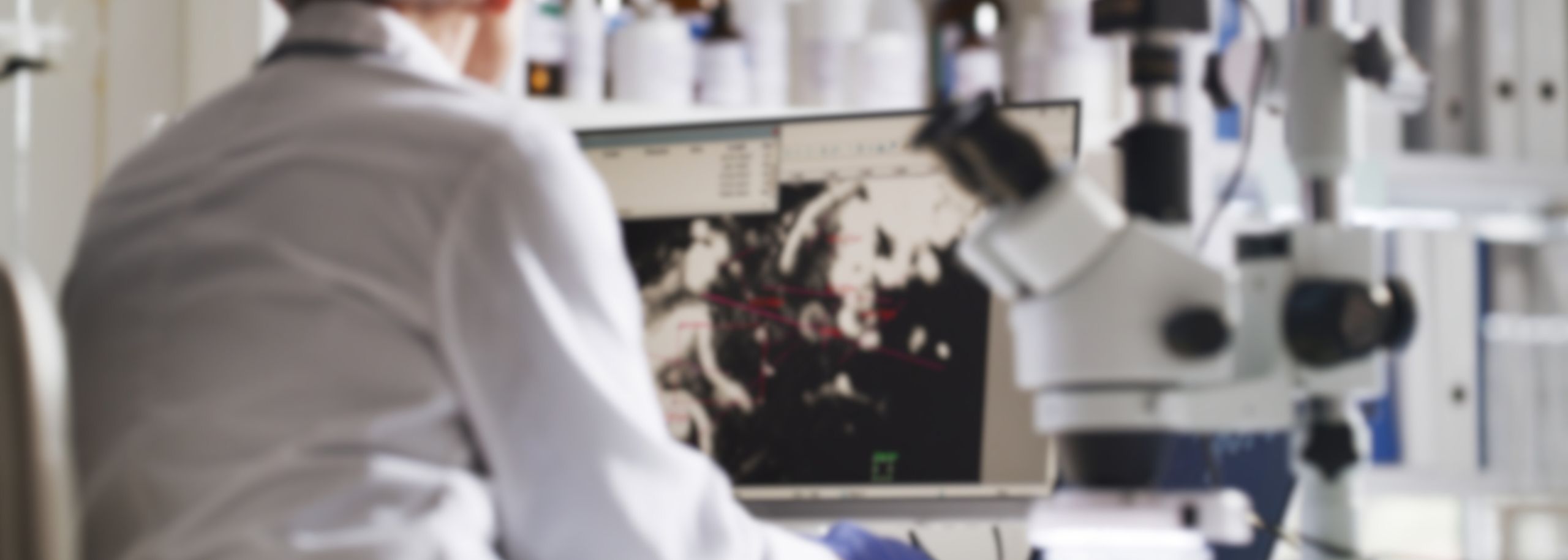Researchers at the University of Michigan in the United States recently made a fascinating discovery. Utilizing a human protein known as fibronectin, they were able to develop an animal-free environment to grow organoids in. This amazing revelation empowers them to more accurately replicate human brains within brain organoids.
This carries positive implications for both patients grappling with brain disorders and the lab animals typically involved in brain research.
Precise brain research
Science without the use laboratory animals isn’t always completely animal free. To sustain and cultivate cells, scientific studies often employ animal-derived materials like Matrigel. But animal cells aren’t the optimal setting for human brain cells.
That’s why the previously mentioned team of researchers opted to cultivate their brain organoid in an environment based on a human protein. And guess what? It worked! Stem cells adhered to the protein, enabling more meticulous study of neurodegenerative conditions like ALS or Alzheimer’s.
Furthermore, this method increases the potential for personalized treatments, as these organoids can be constructed with individual patient cells.
Silver linings
The research team had been at it for a while. Due to the COVID-19 outbreak, they were denied lab access for an extended period of time. Their organoids had been able to grow uninterrupted for months, leading to a surprising outcome upon their return. The brain fluid in the animal-free organoids resembled that of real humans more closely than previous measurements in organoids developed with Matrigel.
Cruelty-free progress
At Proefdiervrij, we champion a science that respects animals while propelling scientific advancement. The use of animal-derived culture materials like Matrigel raises ethical concerns and entails animal suffering.

Anne Burgers, Science & Innovation Associate, stated, “As alternatives to these cultivated materials are developed and evidence mounts in favour of their efficacy over their animal-based counterparts, more researchers will opt for these alternatives. This not only expedites research but also spares thousands of mice.”
We endorse the development and implementation of these alternatives, and we preferably fund research projects that forego the use of animal-derived culture materials.
Source: neurosciencenews.com

